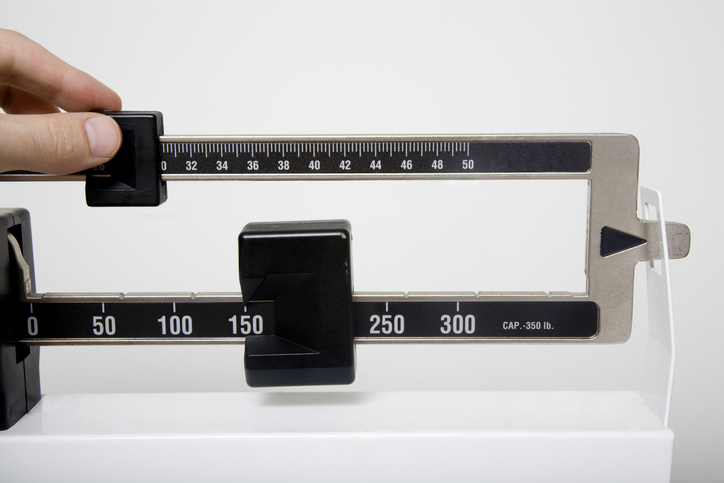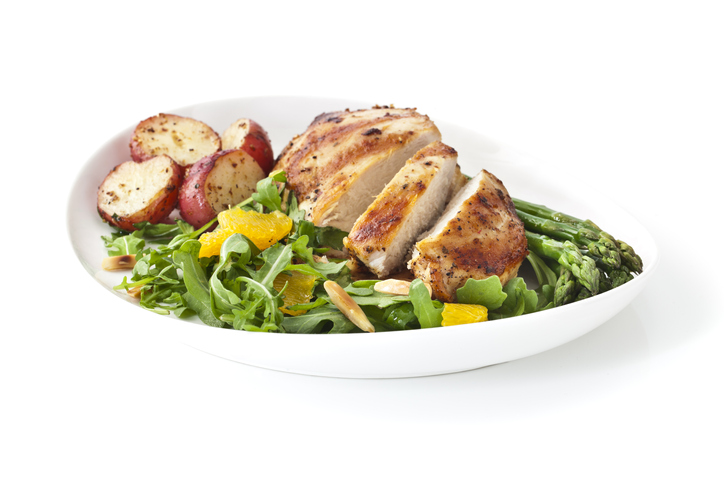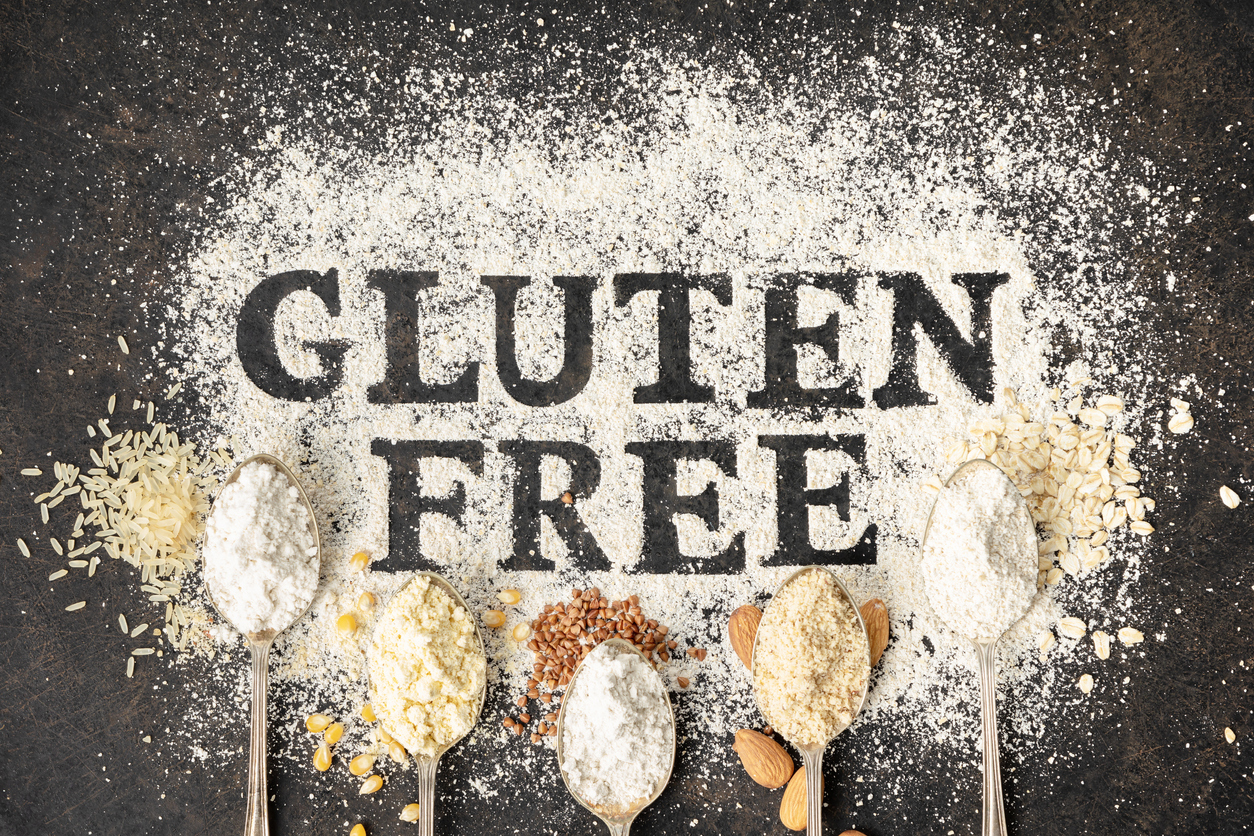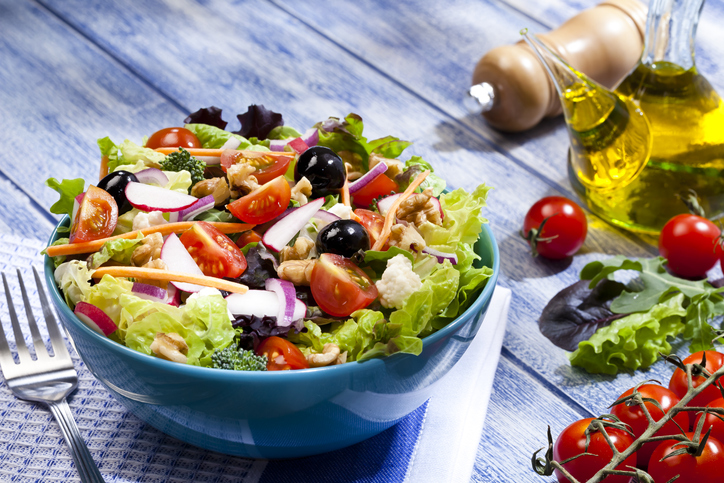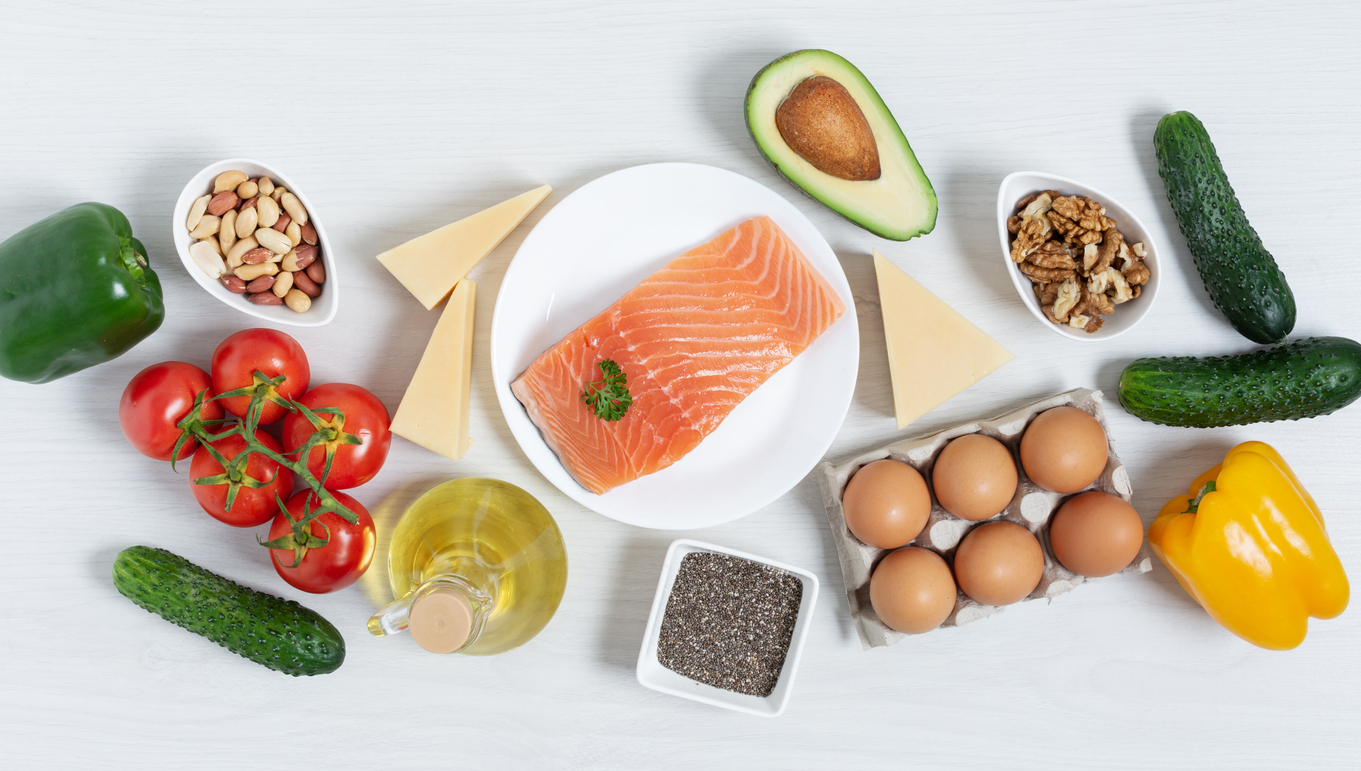Wellness
The Negative Impacts of Crash Diets and Extreme Calorie Restriction
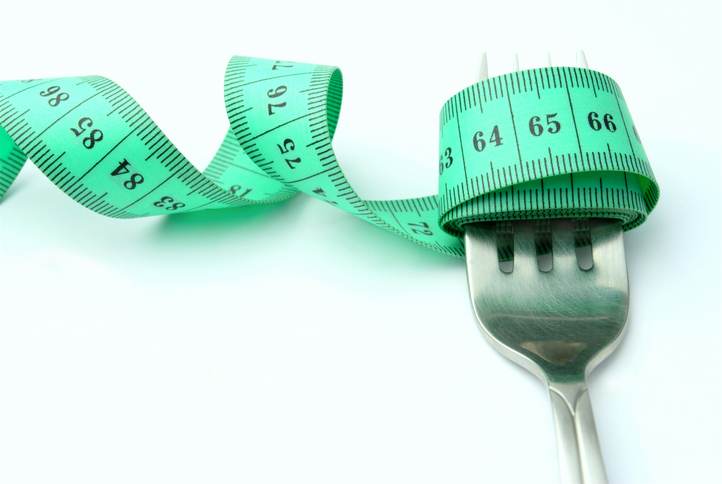
When considering a weight loss plan, it may be tempting to choose a crash diet to obtain quick results. However, crash diets and extreme calorie restriction are unhealthy, especially for individuals with chronic pain.
Why crash diets do not work
Crash diets that promise weight loss of more than one to two pounds per week usually cause more fluid loss than fat loss. Extreme restriction of calories and carbohydrates causes the body to release water; while this results in temporary weight loss, the fluid and weight return with carbohydrate consumption.
Consuming fewer calories than the body needs slows metabolism; this is the body’s way of conserving energy. When metabolism slows, the number of calories the body naturally burns each day decreases. Even after a crash diet is stopped, the body’s metabolism may take time to recover. Also, when a crash diet is stopped, rebound hunger often occurs, which causes the body to crave more food than usual. This is why more than 80 percent of people who stop a calorie-restricted diet regain the weight they lost.
Negative effects of extreme calorie restriction
Extreme calorie restriction negatively impacts the body and can exacerbate chronic pain and related conditions.
For example, extreme calorie restriction can cause fatigue due to nutrient deficiencies, such as lack of iron or vitamin B12. Not eating enough carbohydrates to fuel the body can also cause fatigue. Chronic pain-related fatigue may increase with extreme calorie restriction.
The body needs adequate protein to properly function. If the body does not have enough calories available to burn, lean muscle tissue is metabolized, which eventually leads to loss of muscle mass. Strong muscles reduce the symptoms of many causes of pain, such as back conditions and arthritis.
In addition, adequate protein is necessary for pain-modulating neurotransmitters to properly function. When the body is deprived of protein, pain-modulating neurotransmitters may dysfunction, increasing pain sensations. Eating enough protein at each meal also prevents a rapid rise in insulin, which can cause flare-up pain.
Extreme calorie restriction can also lead to health conditions and infections, such as the common cold, bone loss and irregular hormone levels.
To achieve permanent weight loss in a healthy manner, crash diets and extreme calorie restriction should be avoided, especially by individuals with chronic pain.



